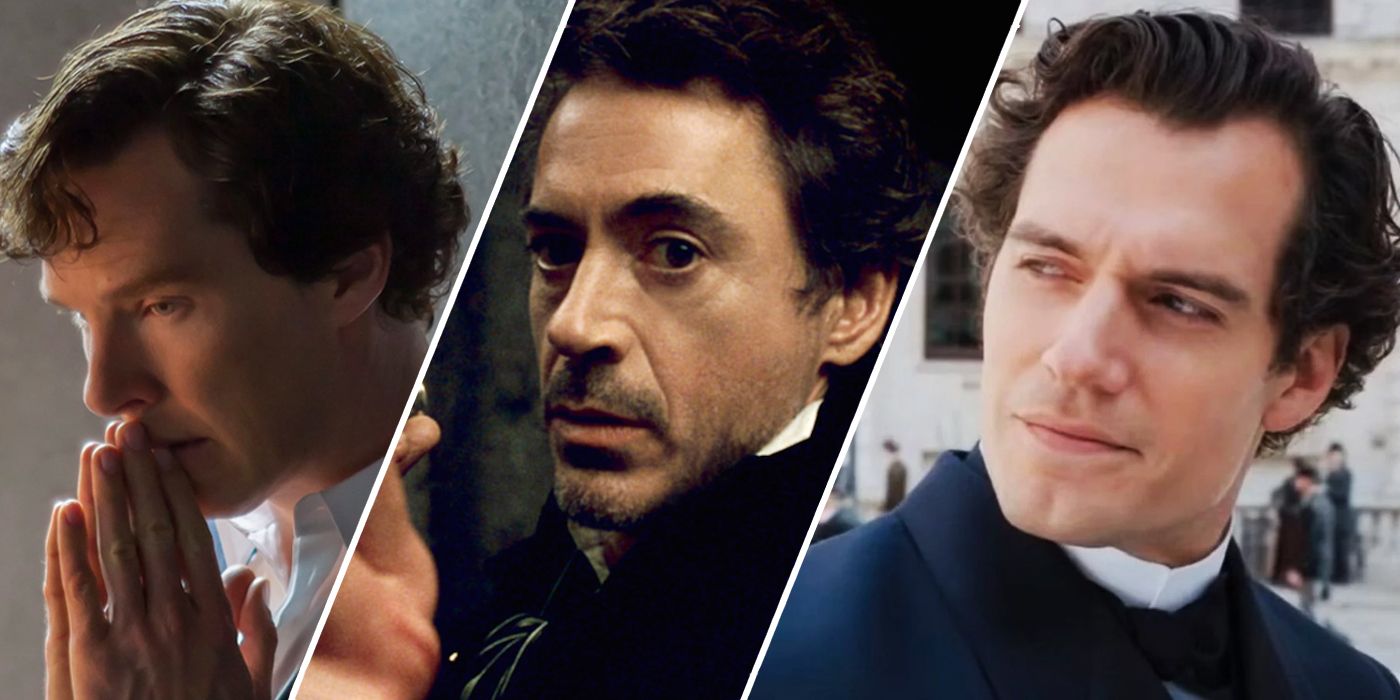
Ciri's Fate is Written
Ciri’s Fate is Written: Why The Witcher’s Breakout Star Deserves Your Attention
Hey there, fellow fans! If you’re anything like me, you’ve probably binge-watched your way through The Witcher’s second season on Netflix. And if so, you know exactly what I’m talking about – the enigmatic Ciri, played by Freya Allan, is taking the world of fantasy gaming and TV by storm. But for those who are new to the show (or the genre altogether), let me tell you: Ciri’s story is one that’ll capture your heart, fuel your imagination, and leave you pondering the complexities of fate long after the credits roll.
As a longtime fan of The Witcher games, I was both thrilled and skeptical when it came to adapting the beloved source material into live-action form. Would the show stay true to Geralt’s stoic charm? Could they do justice to the intricate world-building that makes the games so compelling? And then there was Ciri – a character whose narrative threads stretch back generations, weaving together politics, magic, and personal identity in ways both captivating and confounding.
Now, I’m not going to lie: The Witcher’s success is, in part, due to its expertly crafted storytelling. Showrunner Lauren Schmidt Hissrich has done an incredible job of distilling the essence of Andrzej Sapkowski’s books into a compelling narrative that feels both faithful and freshly minted. But it’s Ciri at the center of this tale, where the stakes are highest and the fate hangs in the balance.
One reason why Ciri’s story resonates so deeply is because she embodies the very definition of complexity. On one hand, we see her as a vulnerable child, torn from the only home she’s ever known and forced to navigate treacherous landscapes alongside Geralt. Yet, even at this tender age, we sense the seeds of greatness within her – a spark that will eventually ignite into something far more powerful.
As Ciri grows, her path becomes increasingly intertwined with the intricate politics of the Continent. Her family ties to the Aen Elle (the Elven kingdom) and her role as the Lion Cub of Cintra (yes, that’s a thing!) add layers of intrigue, drawing in characters like Triss Merigold and Yennefer in ways both unexpected and logical.
Now, I’m not going to get into too much detail about Ciri’s fates – you’ve probably heard whispers about some plot twists being particularly significant. But what’s essential is how the show handles her journey: We see the world through her eyes, experiencing the beauty and terror of this magical realm alongside her. It’s a skillful balancing act, one that demands empathy, intuition, and a willingness to take risks.
At its core, Ciri’s story is about the delicate dance between fate and free will – an eternal conundrum that has captivated philosophers and fantasy fans for centuries. Her narrative asks fundamental questions: Can we truly control our destinies? Is there such a thing as a predetermined course of events, or are we the architects of our own stories?
The answer, of course, is never straightforward. The Witcher’s take on Ciri’s fate offers no easy answers – only an acknowledgment that sometimes, life takes us by surprise, and all we can do is adapt.
This brings me to one of the most significant aspects of Ciri’s story: her bond with Geralt. Their relationship is both complicated and beautiful, forged from a deep trust and mutual respect. It’s this connection that drives the plot forward, pushing Ciri toward a future where her very existence hangs in the balance.
It’s not just the romance between Ciri and Geralt (although that does make for some incredible moments) – it’s their shared journey as outcasts, navigating a world that doesn’t always understand them. It’s this shared sense of isolation, coupled with an unwavering loyalty to one another, that makes their partnership feel both authentic and deeply compelling.
What I love most about The Witcher is the way it subverts expectations. On one hand, you’d think Ciri would be a straightforward “chosen one” trope – destined for greatness because of her magical abilities or royal bloodline. But nope! Her story defies such categorizations, weaving together threads from mythology, politics, and personal identity in ways both unexpected and awe-inspiring.
The Witcher’s impact on popular culture extends far beyond its source material (which is, itself, a game-changer for the fantasy genre). Its influence can be seen in everything from social media memes to music playlists. And it’s all thanks, in part, to Ciri – that complex, fiery heroine who has captured our hearts and imaginations.
In conclusion, if you’re still unsure about The Witcher or its breakout star, Ciri, I urge you to take a leap of faith (pun intended). Delve into the world of Continent and witness the raw power of storytelling on display. Trust me – her fate is written in the stars, and it’s an unforgettable ride.
As for what’s next? Only time will tell, but one thing’s for certain: Ciri’s legacy will be felt for years to come, shaping the very fabric of our shared imagination. The Witcher’s creators have set the stage for a thrilling narrative, with plenty of twists and turns waiting around the corner. Will it be enough to keep us hooked? Absolutely – for fans like me who’ve grown attached to this captivating world and its unforgettable protagonist.
So go ahead, join Ciri on her epic journey – you won’t regret it!









